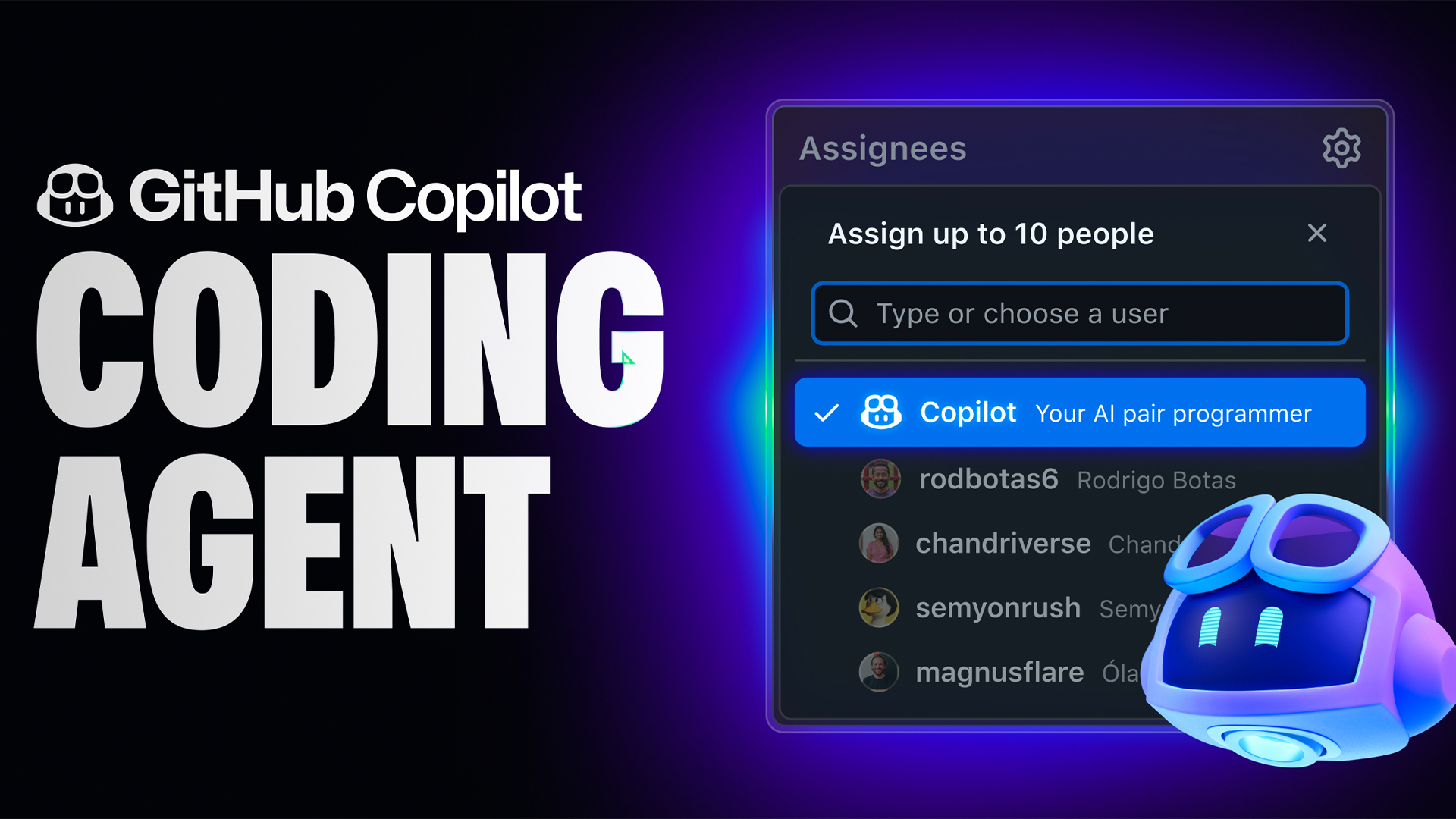The Next Era of AI Development on Windows
Author: Tech Innovations Team

In recent years, the realm of artificial intelligence has seen unprecedented growth, with various companies investing heavily in new technologies and development tools. Microsoft has positioned itself at the forefront of this revolution, particularly with its latest announcements during the Build 2025 conference, showcasing new platforms and capabilities designed to support developers in creating advanced AI solutions on Windows.
These developments come as AI tools are becoming more integral to everyday applications, offering enhanced functionalities that range from personal assistants to complex data analysis. Microsoft’s latest focus has centered on equipping developers with the necessary tools to create seamless and efficient AI-driven applications that can perform various tasks such as real-time data processing, web search enhancement, and interactive user experiences.

Nvidia and Microsoft Join Forces to Enhance AI Processing on PCs.
Microsoft’s initiative includes over 50 new AI tools designed to facilitate the development of 'agentic web' applications, which are intelligent systems capable of self-learning and improving over time. The goal is to enable developers to leverage AI for more sophisticated web applications, thereby improving user engagement and overall application functionality.
A significant part of this initiative is the introduction of GitHub Copilot's new capabilities as it evolves into an autonomous coding agent. This competitive advancement positions it alongside other asynchronous coding platforms, enabling developers to automate coding processes and perform testing asynchronously. As a result, coding efficiency is greatly enhanced, allowing developers to focus on creating more intricate software solutions.
Microsoft’s CTO Kevin Scott emphasized during the conference that AI can significantly enhance the web rather than hinder it. By integrating AI into Microsoft Edge, developers can now tap into AI capabilities to power web applications, as seen with the introduction of NLWeb. This project aims to bring more chatbots to websites, improving customer interaction and satisfaction.

GitHub Unveils New AI Coding Agent for Enhanced Development.
To further accelerate AI processing, Microsoft has collaborated with Nvidia, leading to advancements that optimize AI computations on Nvidia RTX-based PCs. This partnership allows developers to harness high-performance capabilities to create transformative AI applications, whether they are digital assistants, intelligent agents, or creative tools that push the boundaries of current technology.
One of the most striking features introduced is Microsoft's focus on making AI technologies more accessible for average users and developers alike. By simplifying the process of integrating AI, Microsoft aims to democratize technology, ensuring that it can be used widely to solve real-world problems, which is particularly evident in their commitment to enhancing online search and web experience.

A Visual Representation of AI-Assisted Coding with GitHub Copilot.
The introduction of multi-agent orchestration and intelligent coding environments in applications could lead to a new era of interaction within software development, where machines assist rather than replace human developers. This synergy could yield innovative solutions, allowing teams to experiment and iterate more quickly than ever before.
Furthermore, Microsoft’s emphasis on enhancing the user experience is clear with the advancements made to the Edge browser. The integration of AI features allows users to enjoy a more personalized and efficient web browsing experience, which includes the ability to translate entire PDFs seamlessly and provide intelligent suggestions based on browsing habits.
In conclusion, the announcements made at the Build 2025 conference indicate Microsoft’s deep commitment to leading the charge in AI development. By empowering developers with new tools, enhancing user experiences, and forging strategic partnerships, Microsoft is shaping the future of how AI integrates into every facet of technology—from the web to personal computing. The impact of these innovations will likely be felt across various sectors, heralding a new chapter in digital transformation.